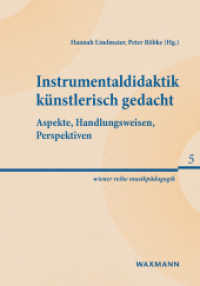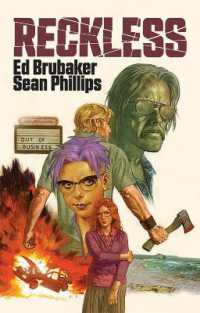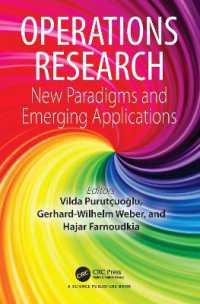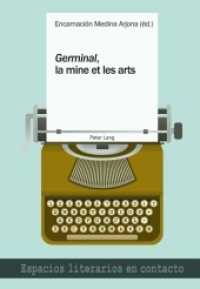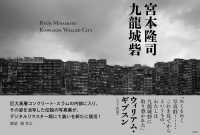Full Description
Curriculumtheory and how it relates to classroom practice. Wesley Null provides a unique organization of the curriculum field into five traditions: systematic, existential, radical, pragmatic, and deliberative. He discusses the philosophical foundations of curriculum as well as historical and contemporary figures who have shaped each curriculum tradition. Additionally, after a chapter on each of the five perspectives, Null presents case studies that describe realistic and specific curriculum problems that commonly arise within elementary schools, middle schools, high schools, and universities. Scholars and practitioners alike are given opportunities to practice resolving curriculum problems through deliberation. Each case study focuses on a critical issue such as the implementation of state curriculum standards, the attempt to reform core curriculum within universities, and the complex practice of curriculum making.
Contents
List of IllustrationsForewordPrefaceAcknowledgmentsIntroduction: What is Curriculum and Why Does it Matter?Part I. Curriculum TraditionsChapter 1: The March to Liberal Curriculum for AllChapter 2: Systematic CurriculumChapter 3: Existentialist CurriculumChapter 4: Radical CurriculumChapter 5: Pragmatic CurriculumChapter 6: Deliberative CurriculumPart II. From Theory to PracticeChapter 7: What Should We Do with State Curriculum Standards?Chapter 8: How Can We Re-institutionalize a Core Curriculum at Our University?Chapter 9: What Should We Do to Create a Better Teacher Ed Curriculum?Chapter 10: Calling All Curriculists: Virtue and the Future of Deliberative CurriculumAppendix A: Curriculum DilemmasBibliographyIndex of NamesIndex of SubjectsAbout the Author

